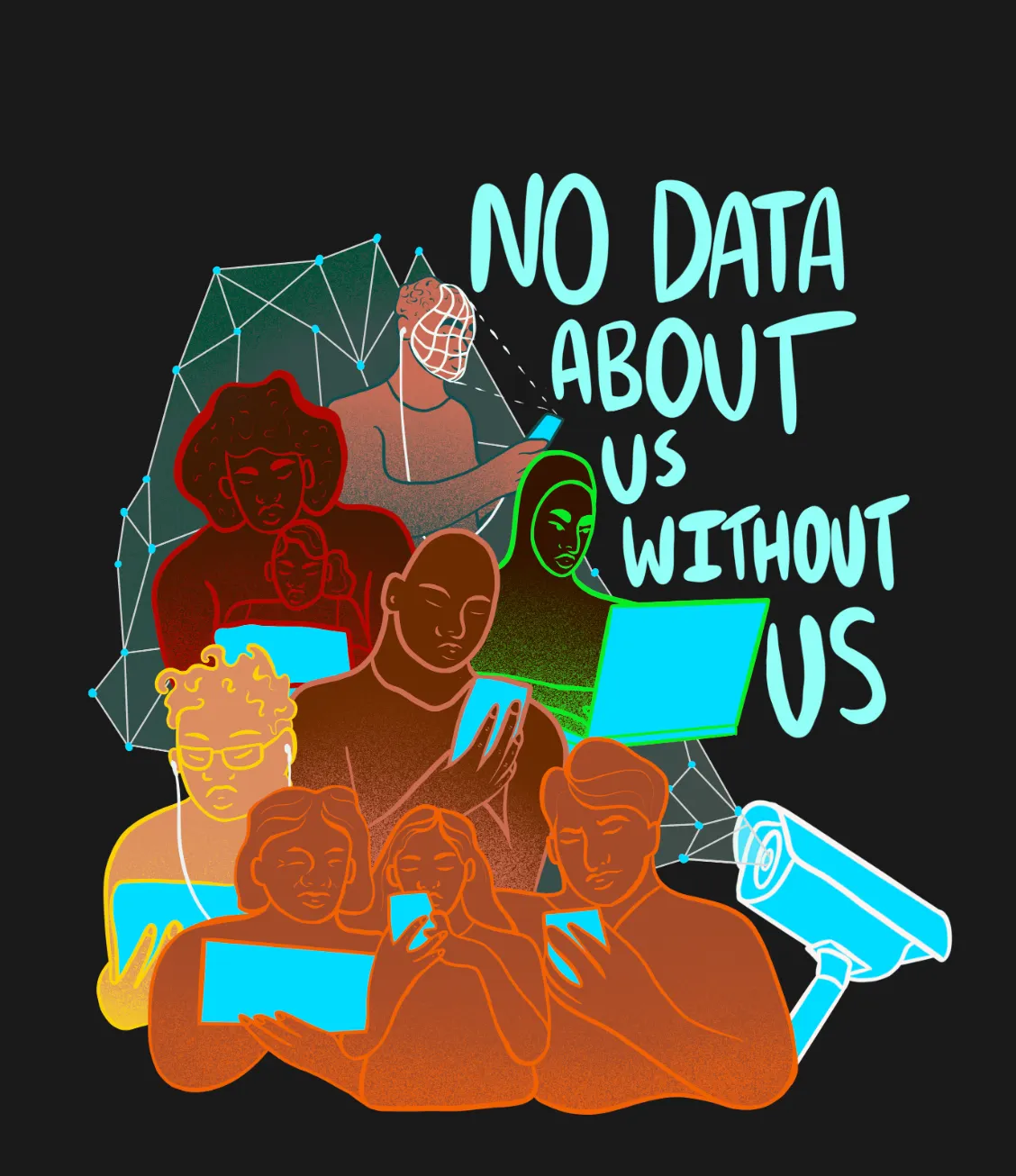Sécurité urbaine : Voix de Johannesburg, Afrique du Sud
Dans son dernier article de blog, Samson explore la terminologie locale des activités criminelles et met en lumière des problèmes tels que les détournements de voitures et les fusillades dans la rue, souvent attribués aux inégalités socio-économiques et à un système judiciaire défaillant.

Photo : Vije Vijendranath
Poursuivant mon enquête sur les intrigues de sécurité et de criminalité à Johannesburg, je suis descendu dans la rue pour sonder les habitants sur leur sécurité urbaine et leur perception de la manière dont les Sud-Africains remplissent leur part du contrat social.
Selon les localités, les actions humaines sont décrites dans le langage courant par des slogans, des mots de code ou de l'argot. Bien que décrites en anglais, les activités criminelles à Johannesburg et dans une large mesure en Afrique du Sud ont des terminologies locales qui ont gagné en importance dans le langage courant sud-africain. Le détournement de voiture (ou carjacking) désigne le vol de voiture, généralement sous la menace d'une arme ; l'agression (aggression) désigne le harcèlement d'un passant par un gang de rue, allant jusqu'à la dépossession de ses effets personnels. Ayant appris le jargon de certains actes criminels locaux, les actes criminels préoccupants à Johannesburg sont les détournements de voiture, les cambriolages et les fusillades à pied ou en voiture. La plupart des personnes interrogées ont qualifié les détournements de voiture de crime préoccupant.
« … Oui, le détournement de voiture est en tête de liste. Et puis il y a aussi… Je ne sais pas si c'est une tendance où les gens tirent sur des gens sans raison. Je ne sais pas quelle est la motivation derrière ça. Mais ça arrive, on entend tellement de gens se faire tirer dessus presque chaque semaine, sans raison… »
Les inquiétudes concernant les inégalités socio-économiques et un système judiciaire défaillant seraient à l’origine des crimes énumérés, comme le souligne un autre répondant.
Résignés au désespoir par peur de l'inconnu, mes répondants, ayant eux-mêmes été victimes de détournements de voiture, ont proposé des mesures d'atténuation et des suggestions. L'adoption du numérique comme mesure de réduction de la criminalité était une idée commune, comme l'a expliqué un autre répondant.
J'ai une application de localisation sur mon téléphone. En cas d'incident où des personnes me suivent, je peux immédiatement appeler les secours via l'application. Je sais qu'ils n'arriveront pas immédiatement, mais au moins, je les aurai prévenus que quelque chose que je soupçonne est sur le point de se produire. Et puis, bien sûr, je peux vérifier mon véhicule. Oui, il y a un problème, je le sens : il n'y a aucun moyen d'identifier l'utilisateur de l'appareil. Car si vous êtes piraté et qu'on peut ouvrir votre téléphone, il peut empêcher les caissières de vous répondre simplement en y ayant accès. Il n'existe donc aucun moyen numérique d'identifier la personne qui utilise l'appareil à ce moment-là. C'est là tout le problème.
Outre le Service de police sud-africain (SAPS) et le Département de police métropolitaine de Johannesburg (JMPD), le système de sécurité de Johannesburg comprend également des sociétés de sécurité privées proposant des services d'intervention armée sur appel. La plupart des résidences du centre-ville de Johannesburg font appel au service d'intervention armée pour la sécurité de leur domicile. Le SAPS intervient comme une couche de sécurité secondaire, tandis que le JMPD gère les problèmes de circulation. Les sociétés de sécurité privées sont considérées comme les plus fiables, mais leur compétence ne couvre que les bâtiments et complexes auxquels elles sont abonnées.
Exprimant son inquiétude quant aux lacunes de l’architecture de sécurité informelle actuelle de Johannesburg, un répondant explique…
« Nous roulons dans la rue, nous sortons de nos complexes, nous sortons de nos immeubles, et maintenant, nous roulons dans la rue… c'est chacun pour soi. Alors, si nous pouvions avoir des agents de sécurité comme les forces de l'ordre, des policiers, s'ils pouvaient être visibles dans la rue, ce serait bien. Mais en ce moment, on peut conduire toute la journée sans même apercevoir un seul véhicule de police. »
L'intégration de composants numériques à l'architecture de sécurité ne réduira peut-être pas totalement l'insécurité. Les personnes interrogées souhaitent plutôt une présence policière accrue dans les rues pour garantir cette sécurité. Cette inquiétude n'est peut-être pas exagérée, car malgré la présence de caméras de vidéosurveillance dans la plupart des bâtiments et des rues, les criminels commettent des ravages sans contrôle, malgré les images publiques virales. La volonté du gouvernement de poursuivre les actes criminels de manière équitable compléterait les efforts de numérisation de la sécurité publique à Johannesburg.



